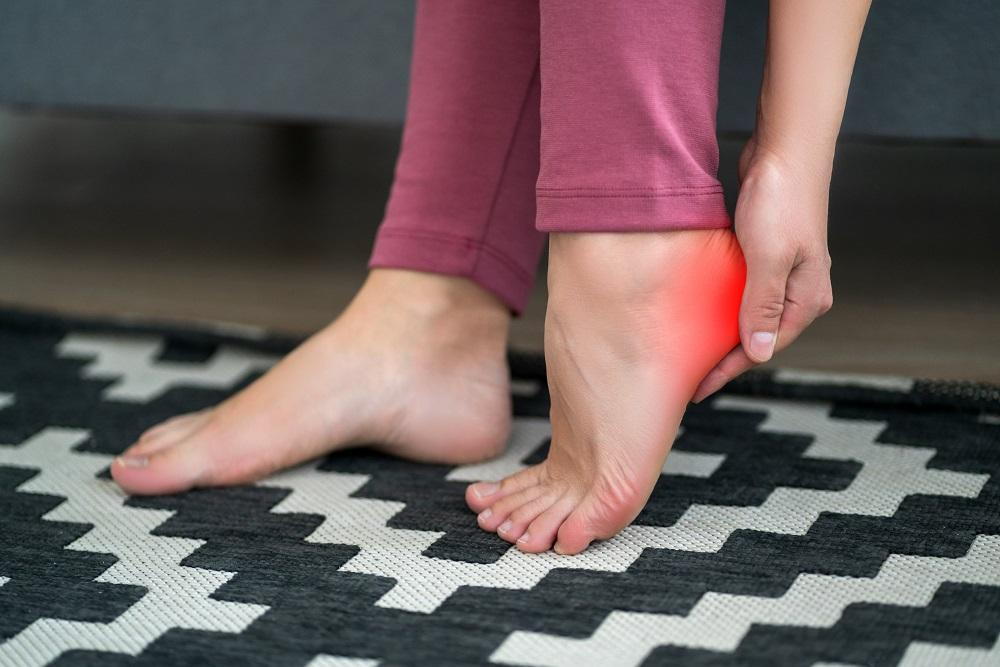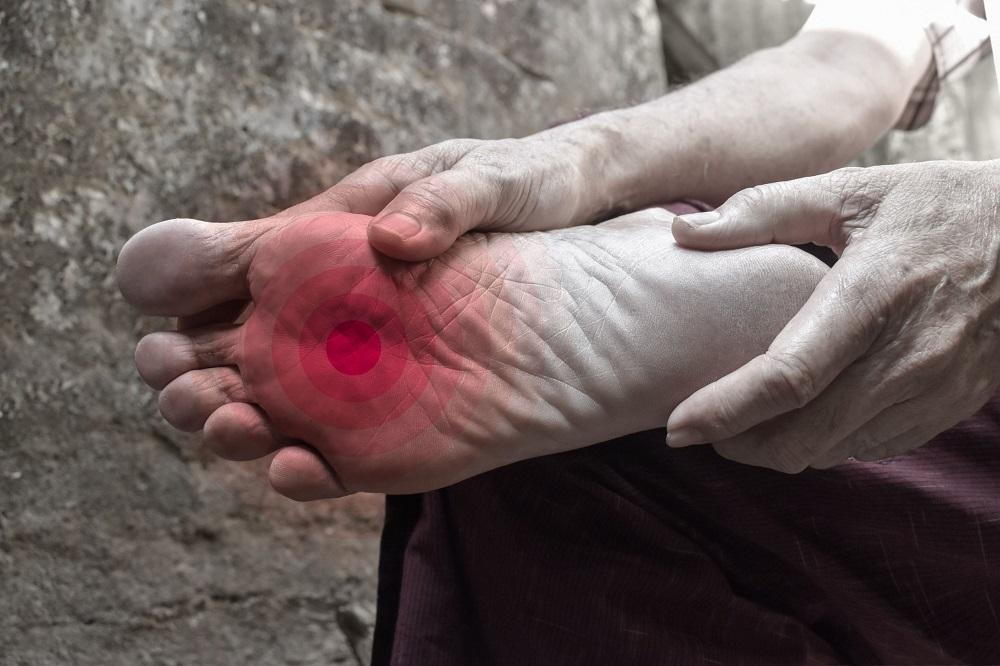
Plantar fasciitis is one of the most common causes of heel pain in adults, but few people know very much about this condition aside from the pain it can cause. A better understanding of plantar fasciitis, including its causes and treatments, can help you to manage your symptoms better. Keep reading to learn more about this common foot condition from an expert podiatrist in New Orleans, LA.
What Causes Plantar Fasciitis?
When speaking of medical conditions, it’s worth knowing that any condition that ends with “-itis” refers to some sort of inflammation. In the case of plantar fasciitis, the inflammation is in the plantar fascia, which is a thick band of tissue that runs along the bottom of your foot, connecting your heel bone to your toes.
But what causes this band of tissue to become inflamed? Typically, stress and tension on the fascia can lead to small tears in the tissue, or it can become inflamed from repeated stretching and tearing. The exact cause is often unknown, but generally speaking, it is something that’s usually caused by injury to the plantar fascia.
What are the Risk Factors?
Though the precise cause of plantar fasciitis may be unknown on a case-by-case basis, certain factors put you at higher risk of developing it. These risk factors all relate to placing additional stress on the tissue that runs along the bottom of the foot, and they include:
- Age – The prolonged strain on the plantar fascia generally develops into plantar fasciitis between the ages of 40 and 60 years old. So, you’re more likely to develop this condition if you are between these ages.
- Certain exercises – People who participate in activities that stress the heel and any attached tissues are more likely to develop plantar fasciitis. This includes activities like long-distance running, tennis, basketball, and high-impact box jumps.
- Foot shape and walking mechanics – Having either flat feet or a high arch increases your odds of having plantar fasciitis. Even an atypical pattern of walking can impact how your weight is distributed and put additional stress on the plantar fascia, leading to plantar fasciitis.
- Obesity – Additional weight places extra stress on your feet and all the joints in the lower body.
- Occupation – Jobs that require you to be on your feet for the majority of the day (e.g., hair stylists, cashiers, factory workers, teachers) puts extra strain on your plantar fascia and puts these workers at a higher risk of plantar fasciitis.
While these risk factors on their own may not cause plantar fasciitis, the more of these that apply to you, the more likely you are to develop this condition.
What are the Symptoms?
Plantar fasciitis is characterized by an unmistakable stabbing pain in the bottom of your foot, close to the heel. This condition is usually most painful in the morning, and your first few steps of the day can be agonizing. It can also worsen after long periods of standing or when getting back on your feet after sitting for a prolonged period.

What are the Treatment Options?
To receive treatment for plantar fasciitis, you will first need to be diagnosed. We encourage you to reach out to a podiatrist for testing and imaging if you suffer from pain in the feet and heels daily. After you’ve been diagnosed with plantar fasciitis, there are a number of treatment options available to you:
- Medications – Pain relievers like ibuprofen and naproxen sodium can reduce inflammation and ease plantar fasciitis pain. Medication is usually used in conjunction with other treatments.
- Physical therapy – Certain exercises and stretches help to lengthen the plantar fascia and Achilles tendon and strengthen your calf muscles. This can help to reduce symptoms of plantar fasciitis.
- Night splints – Wearing specialized splints at night can hold the Achilles tendon and plantar fascia in a lengthened position to encourage stretching and reduce those morning pains.
- Orthotics – Custom-fitted or even over-the-counter orthotics and redistribute the pressure on your feet more evenly and reduce strain on the plantar fascia.
- Steroid injections – Steroid injections in the impacted area, can provide temporary relief but aren’t recommended over prolonged periods, as they can damage the plantar fascia.
- Extracorporeal Shockwave Therapy – This advanced treatment option is noninvasive, and works by sending shockwaves to soft tissue in distress to promote recovery and healing.
If you have persistent heel pain, or you’ve been diagnosed with plantar fasciitis and are looking for treatment options, contact New Orleans Podiatry Associates today to learn more about our New Orleans podiatry services.
